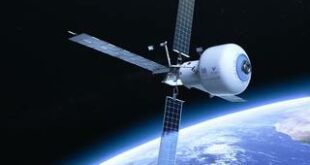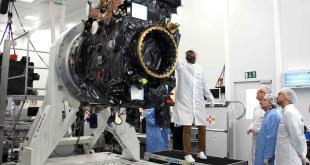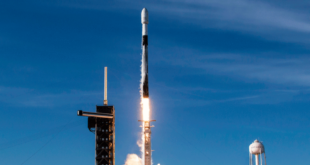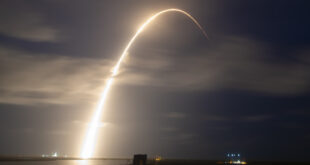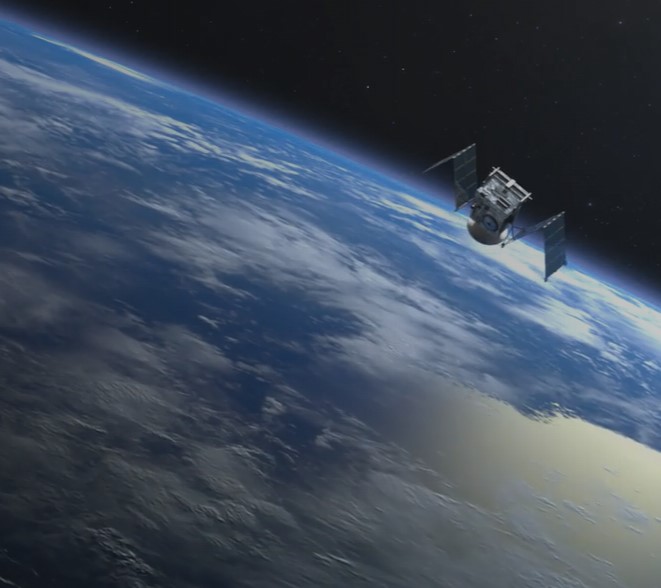
Ibadan, 4 June 2023. – SmartSat Cooperative Research Centre (SmartSat CRC) has launched a $7 million project to develop new autonomous spacecraft using artificial intelligence (AI). The three-year project, Spacecraft Autonomy and Onboard AI for Next Generation Space Systems, SCARLET-α, will bring together eight SmartSat partners. These partners include Airbus, Asension, Deakin University, Defence Science and Technology Group, Leonardo Australia, Saab Australia, Swinburne University of Technology, and University of South Australia (UniSA) in a collaborative research effort.
SCARLET-α aims to create a set of autonomous algorithms that will enable small and distributed spacecraft to make decisions independently. Furthermore, it will optimize available resources and capabilities, adapt to changing conditions, and handle critical situations, without intervention from Earth.
SmartSat CEO, Professor Andy Koronios, says that, to date, onboard processing has reduced to data collection, but researchers hope the algorithms they develop will allow spacecraft to perform many tasks with less intervention from human operators.
“As autonomous technologies advance, their place in space will expand and present new opportunities for applications here on Earth. The next generation of satellite communications and earth observation will be achieved using integrated systems of satellite constellations operating autonomously and performing multiple tasks in real-time. Such AI-enabled technologies promise to transform the major sectors of our economy, such as agriculture, farming, and mining, and better serve our defense and national security objectives.”
Likewise, SmartSat CRC Chair of Artificial Intelligence, UniSA STEM Professor Ryszard Kowalczyk, “Spacecraft that can operate independently of ground contact will be able to respond to unexpected events in real-time without needing to wait for commands from Earth. This autonomy will improve Australia’s remote sensing capabilities and other vital services undertaken in space, allowing us to push the boundaries even further in orbit.”
 SpaceWatch.Global An independent perspective on space
SpaceWatch.Global An independent perspective on space

